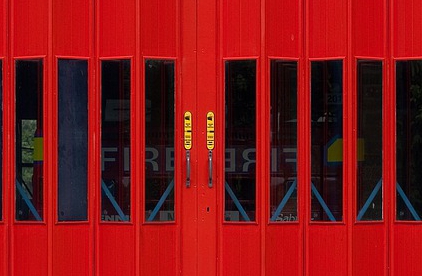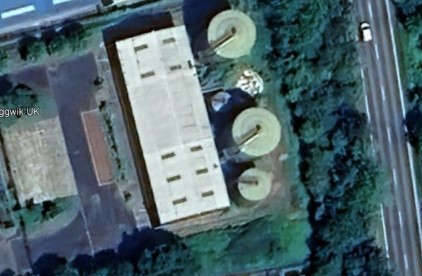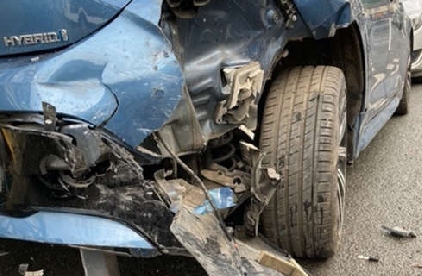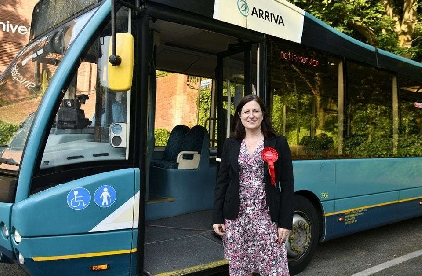
The fire authority serving Gwent faces “significant challenges” to become carbon neutral by 2030, with the cost of purchasing electric vehicles currently twice as much as buying diesel engines, a watchdog has found.
An Audit Wales report says South Wales Fire and Rescue Service is “making progress” towards the Welsh Government’s target of being carbon neutral by 2030, but it adds that it will need to address “some significant challenges”.
Fire engines, due to their specialist nature, have long-life policies and are “more challenging to decarbonise”, the report says.
And there are currently only two electric appliances on the market, costing around £600,000 per vehicle, the Audit Wales report found.
South Wales Fire and Rescue Service spent about £299,000 to upgrade each diesel appliance in its last vehicle replacement programme.
“In addition to having to spend twice as much replacing diesel vehicles with electric ones, there is also a likelihood that electric vehicles will need to be replaced more frequently, and the notional 15-year lifespan of a diesel appliance will need to be reduced in future planning assumptions,” the Audit Wales report says.
“This means that the authority will need to invest more money to replace electric vehicles more frequently in the future.
“Replacing vehicles more frequently will also have a detrimental impact on scope three emissions because of increased carbon emissions in the manufacturing process.”
Hydrogen vehicles could offer a “workable solution”, but they are currently in development and “not considered a realistic option at present”, the report adds.
However other vehicles in the fire authority’s fleet are being switched to electric, with 21 electric, non-operational support vehicles now in use.
The report also highlights improvements made by the fire service to reduce carbon emissions in its estate, such as installing low carbon lighting and replacing outdated boilers.
Auditors said the fire service’s three-year carbon reduction plan is “broadly focused on the right things”, such as exploring the use of electric vehicles, reducing energy use and reducing usage of single-use materials.
But the report said some areas “need to be tightened”, with some of the actions proposed not being prioritised or costed and reading “like a long wish list”.
The report’s conclusion said: “The authority is creating the right infrastructure to become carbon neutral by 2030, but needs to deliver its ambitious targets and address some big risks.”


 Continued disruption for rail services between Hereford and Shrewsbury
Continued disruption for rail services between Hereford and Shrewsbury
 Police investigate assault in Bridgnorth
Police investigate assault in Bridgnorth
 Town council maintains its objection to incineration plant
Town council maintains its objection to incineration plant
 “Speeding vehicle” writes off parked cars in Ludlow
“Speeding vehicle” writes off parked cars in Ludlow
 Shropshire MP urges council to adopt new bus services Bill
Shropshire MP urges council to adopt new bus services Bill
 Action needed to repair “eyesore” building
Action needed to repair “eyesore” building
 Collision closes A49 between Wistanstow and Felhampton
Collision closes A49 between Wistanstow and Felhampton
 Leominster shop closed down by trading standards
Leominster shop closed down by trading standards
